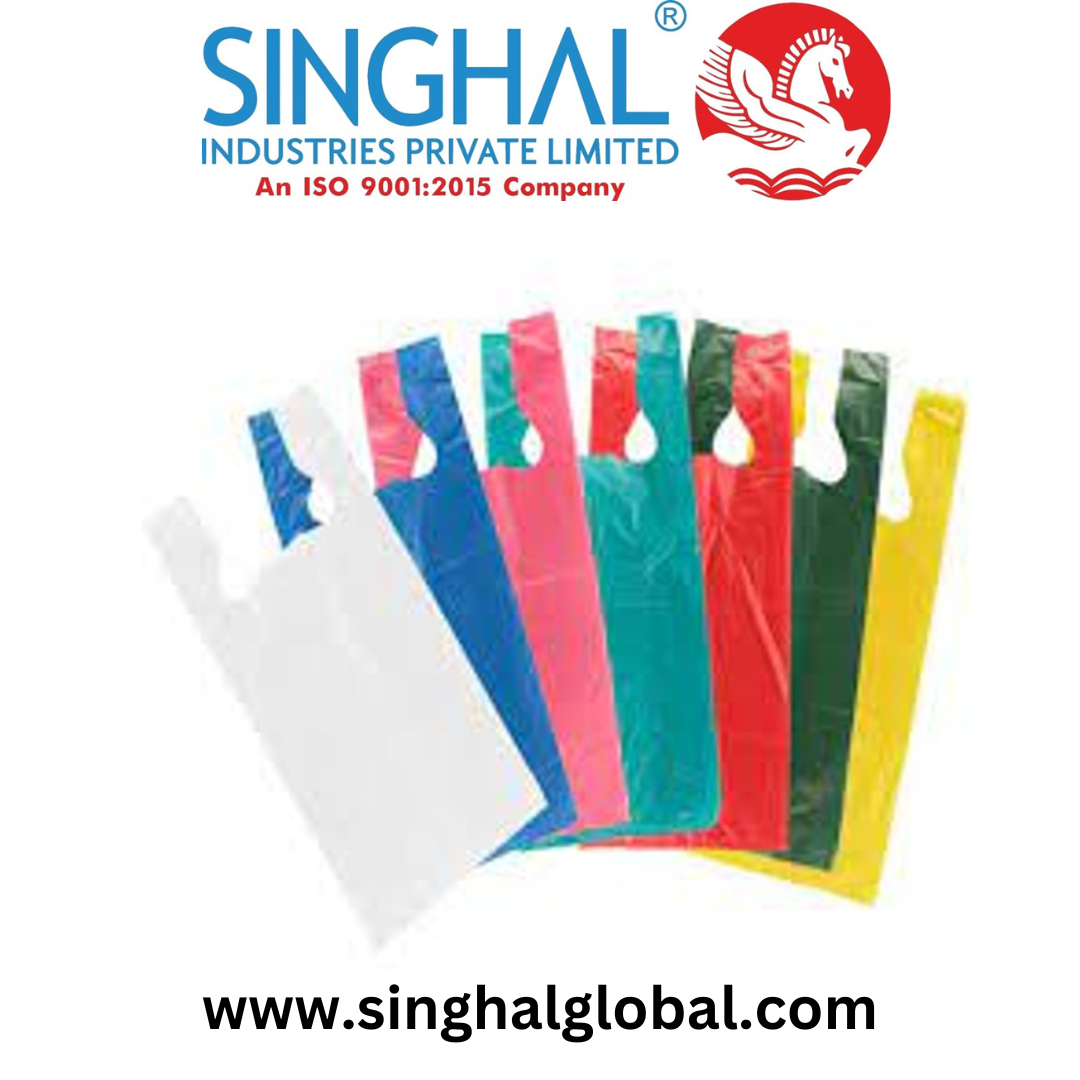The concept of shopping bags has evolved significantly over the decades. Initially, consumers relied on paper bags for carrying purchases, a practice that was both environmentally friendly and easily recyclable. However, as convenience and cost-efficiency became key factors in retail operations, the introduction of Shopping Bags Plastic revolutionized the way people carried their goods. These bags, initially made from low-density polyethylene (LDPE), offered superior durability and reduced costs compared to their paper counterparts. This marked the beginning of a new era in retail packaging.
Plastic Bags: A Double-Edged Sword
While plastic shopping bags provide numerous benefits such as convenience and cost-effectiveness for both consumers and retailers, they also pose significant environmental challenges. The lightweight nature of plastic bags makes them highly convenient for consumers to carry but also leads to widespread littering and environmental pollution. The non-biodegradable nature of plastic means these bags persist in the environment for hundreds of years, posing a grave threat to wildlife and marine ecosystems. The detrimental impact of plastic waste on the environment has sparked a global debate on the need for sustainable alternatives.
Carry Plastic Bags Manufacturing: The Basics
Manufacturing of plastic shopping bags involves the conversion of raw materials like petroleum derivatives into usable plastic sheets through extrusion processes. These sheets are then molded into various bag shapes, which can be further customized in size, thickness, and design. The process is highly efficient, allowing for the mass production of plastic bags at a relatively low cost. However, it is essential for manufacturers to adhere to stringent environmental regulations to minimize the ecological footprint of their operations. The introduction of additive technologies like oxo-biodegradable plastics has offered some promise by making plastics more eco-friendly through accelerated degradation in the environment.
The Rise of Eco-Friendly Alternatives
In response to the negative impact of plastic bags, there has been a significant shift towards eco-friendly alternatives. Reusable shopping bags, made from materials like cloth, jute, and bamboo, have gained popularity as consumers become more environmentally conscious. These bags offer a sustainable solution as they are durable, reusable, and can be recycled at the end of their life cycle. Additionally, some cities and countries have imposed bans or restrictions on the use of plastic shopping bags, encouraging consumers and retailers to switch to more eco-friendly options. These legislative measures have been effective in reducing the consumption of plastic bags, highlighting the need for a shift towards sustainable retail practices.
Innovations in Shopping Bag Design
Innovation in Plastic Shopping Bag has led to the development of designs that are more environmentally friendly. For instance, biodegradable plastics, which break down more easily in the environment, are an innovation that has been gaining traction. These bags are designed to degrade faster than traditional plastics when exposed to natural elements like sunlight and microorganisms. Another development is the use of recycled plastics to manufacture shopping bags, which significantly reduces the demand for virgin plastics and minimizes the overall plastic waste. These innovations are crucial for mitigating the environmental impact of plastic shopping bags and aligning with the principles of a circular economy.
The Role of Consumer Awareness
Consumer awareness plays a pivotal role in the ongoing shift towards eco-friendly shopping habits. Education and awareness campaigns about the environmental impact of plastic shopping bags have led many consumers to adopt reusable bags. Retailers are also playing a crucial role by providing incentives for consumers to use reusable bags, such as discounts or rewards points. Moreover, some businesses have voluntarily ceased providing single-use plastic bags, offering reusable alternatives instead. This collective effort from consumers and retailers is essential to curb the consumption of plastic shopping bags and reduce plastic waste effectively.
Government Regulations and the Future of Plastic Bags
Government regulations have been instrumental in reducing the consumption of plastic shopping bags. Several countries have introduced bans or fees on plastic bags to encourage the use of reusable alternatives. For example, some regions have implemented a levy on plastic bags to dissuade their use, with the collected funds used for environmental conservation efforts. These regulatory measures not only reduce plastic waste but also promote a shift towards more sustainable packaging solutions. As we move forward, the future of plastic bags will likely involve a mix of regulatory pressures, technological advancements, and increased consumer demand for eco-friendly options.
Conclusion
The journey towards sustainable retail practices concerning shopping bags is still in its infancy, but the steps being taken are promising. While Carry Plastic Bags Manufacturing continue to serve a purpose in the retail industry, their environmental impact cannot be ignored. The move towards eco-friendly alternatives and the adoption of more responsible manufacturing practices are crucial for a sustainable future. Consumer awareness, coupled with government intervention, will be the driving forces behind the decline of plastic bags and the rise of more sustainable packaging solutions. The goal is to create a system where convenience does not come at the cost of environmental degradation.
Frequently Asked Questions
- What are the environmental impacts of plastic shopping bags?
Plastic shopping bags contribute to environmental pollution due to their non-biodegradable nature. They accumulate in landfills, choke wildlife, and pollute oceans, leading to significant environmental degradation.
- What are the alternatives to plastic shopping bags?
Alternatives include reusable bags made from cloth, jute, and bamboo, as well as biodegradable plastics that break down more easily in the environment. These options help reduce plastic waste and are more sustainable.
- How can consumers reduce their use of plastic shopping bags?
Consumers can reduce their use of plastic bags by opting for reusable bags, carrying their own shopping bags, and choosing products with minimal plastic packaging. Increased consumer awareness about the environmental impact of plastic bags is also crucial.
- What role do governments play in reducing plastic shopping bags?
Governments play a key role by implementing regulations such as bans or fees on plastic bags. These policies encourage the use of eco-friendly alternatives and promote sustainable retail practices.
